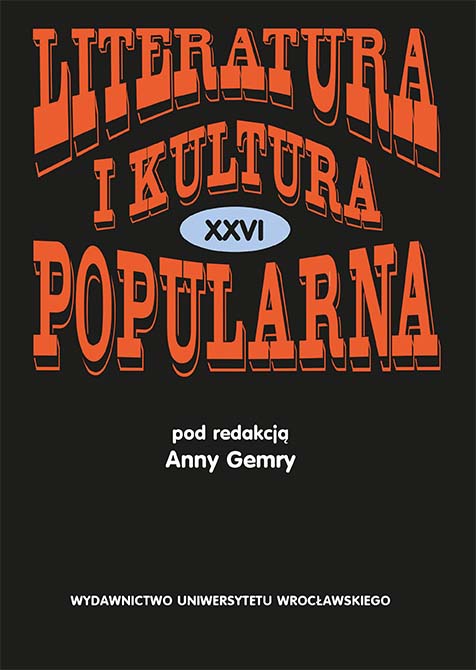

Polemics and Reviews

Todayʼs societies, democracies, media and journalism are undergoing a transformation hitherto unheard of in history. The key element of these changes is information and access to it, as well as processing possibilities and skills. Without understanding the process, without the ability to select information, and without critical analysis, individuals and entire societies become vulnerable to stupidity, information wars, disinformation and interference with elections.
Politicians, especially populists but not exclusively so, saw a great opportunity in the existence of a “cloudy information space”, in the confusion of citizens deprived of their independent thinking and poorly educated. That is why politicians fight with free media and independent journalists, because this is the first line of defence against disinformation and ignorance. Freedom of media is also a barrier to the authoritarian aspirations of politicians, because of its unique attribute — the only freedom showing the state of other freedom and rights.
The book by professor Jacek Dąbała, Media phenomena and paradoxes, published in 2020, diagnoses these problems and challenges and shows the key to media and information thinking. It is written in a minimalistic form of 200 texts, each of about 2000 characters. The short form is balanced by the multitude of topics covered, including science, politics, history, medicine, media, technologies, customs, law, religion, faith, emotions, intellect and stupidity. Dąbała scans issues in Russia, China, the United States, Germany, Poland and many others. The topics and analyses are universal and you can even risk a thesis that many of them will be timeless. It is therefore a global and universal reading which, when translated into other languages, should be recommended as essential content for journalists, politicians, students, and even more broadly — for all of us, that is, media recipients.
The book is a subjective view of all the 200 topics through the prism of pro-democracy views and freedom — freedom understood in the broadest sense, freedom of science and speech.
Dąbała certainly poses important questions, questioning our way of seeing the world and its presentation in the media. However, he often leaves the questions unanswered, apparently because the answer is in the method — analysis, critical thinking and seeking quality.
The book Media phenomena and paradoxes is excellent material for conducting workshops for journalism students. Analysing problems in the book can also improve journalistic thinking. For journalists who have not lost their instincts, humility and willingness to keep going, such an exercise can be very valuable.
This is important knowledge for anyone who wants to better understand the world, and for media people it is a must-read.